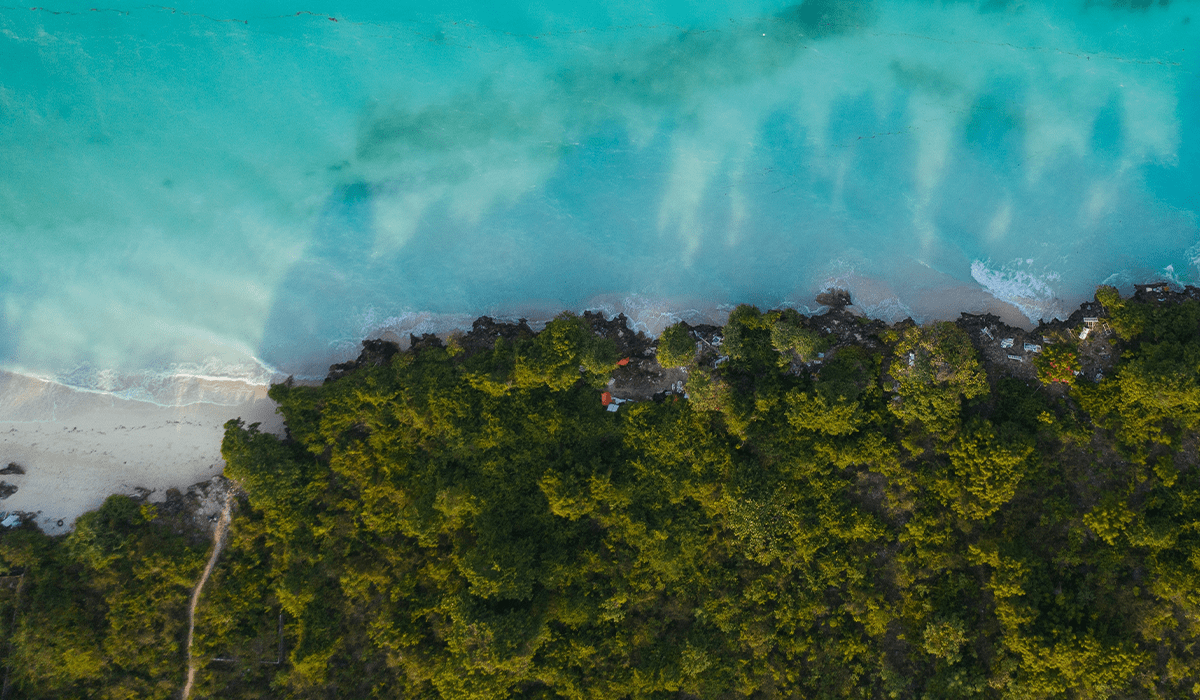The United States of America and Tanzania jointly launched the Heshimu Bahari project on 4 April 2023. With initial funding of $8.4 million from the US Agency for International Development (USAID), the five-year project aims to strengthen the conservation of Tanzania's coastal biodiversity. Tanzania's 1,424 kilometres of coastline is the focus of this new initiative, which seeks to address the threats to the country's marine ecosystems and promote sustainable development approaches.
 Tropical island of Zanzibar, Tanzania.]
Tropical island of Zanzibar, Tanzania.]
Heshimu Bahari, which means ‘respect the oceans’ in Swahili, will actively involve local communities in marine biodiversity conservation efforts. The project aims to tackle challenges such as overfishing, which has severely impacted key coastal fisheries, and the effects of changing climates, disrupting ecosystems and livelihoods, thereby affecting Tanzania's tourism potential.
The launch of the Heshimu Bahari project coincided with a working visit to Tanzania by US Vice President Kamala Harris and her husband Douglas Emhoff. Speaking at the launch ceremony in Dar es Salaam, a port city in eastern Tanzania, Douglas Emhoff highlighted the gender inequalities faced by women in the fishing and coastal sectors. He noted that many women in these sectors encounter obstacles and are underpaid, leading to increased gender inequality.
Read more: Marine ecosystems conservation
Fishing accounts for 2–5% of Tanzania's gross domestic product (GDP), according to official data. Yet, it directly supports the livelihoods of over five million people, making it a vital sector for the country. Through the Heshimu Bahari project, Tanzania and the United States aim to promote sustainable fishing practices, protect coastal biodiversity, and empower local communities, including women, to participate in conservation efforts.
The launch of the Heshimu Bahari project in Tanzania is a compelling reminder of the critical importance of protecting nature and all ecosystems. This collaborative effort between the United States and Tanzania underscores the need for concerted action to conserve and sustainably manage our natural resources. As a company designing and implementing large-scale nature-based solutions, at DGB Group, we know that only by actively engaging local communities and promoting equitable approaches, can we work towards safeguarding our planet's precious ecosystems for future generations.
Join the change—contact our team

 Tropical island of Zanzibar, Tanzania.]
Tropical island of Zanzibar, Tanzania.]
